NIJI (aka Niji Adeleye) takes us track-by-track via his debut album ‘Oríkì,’ the product of a six-year journey of self-discovery and musical exploration that blends Yoruba reward poetry, Fuji rhythms, and East London grime right into a deeply private and celebratory tribute to heritage and id.
Stream: “Jayé” – NIJI
However solely true getting misplaced can you discover your manner. Be certain to not stray…
* * *
Tright here is energy in figuring out the place you come from.
For NIJI (aka Niji Adeleye), music is extra than simply sound – it’s a vessel for storytelling, a bridge between previous and current, and a method of honoring those that got here earlier than him. The British-Nigerian artist’s debut album Oríkì is a deeply private and sonically wealthy exploration of lineage, id, and the rhythms that form us. Drawing from Yoruba reward poetry, Fuji music, jazz, and dirt, NIJI has crafted an intimate and bold challenge that’s as a lot about self-discovery as it’s about sonic innovation.
At its core, this document is a cross-section of who NIJI is – not simply as an artist, however as a human being.
Launched February 28th through AERONXUTICS, Oríkì is a daring, intricate, and heartfelt homecoming. Rooted in custom but pushed by up to date imaginative and prescient, the album finds NIJI tracing his ancestry and paying homage to the influences that outline his artistry.
“Oríkì was impressed by my great-grandmother Matilda Taiwo, who defied all odds to grow to be a songwriter for her native church and profitable material service provider within the Forties in Nigeria, the place on the time girls have been thought to solely belong within the kitchen,” NIJI inform Atwood Journal.
“She was defiant of unwritten guidelines and created her personal future. This album is about my heritage, and the legacy of my lineage that lives inside me. Concurrently it’s a reward poem of music my time creating the music. It’s about residence, it about going again to go ahead, I’m a product of my lineage and the album is my tribute to that.”
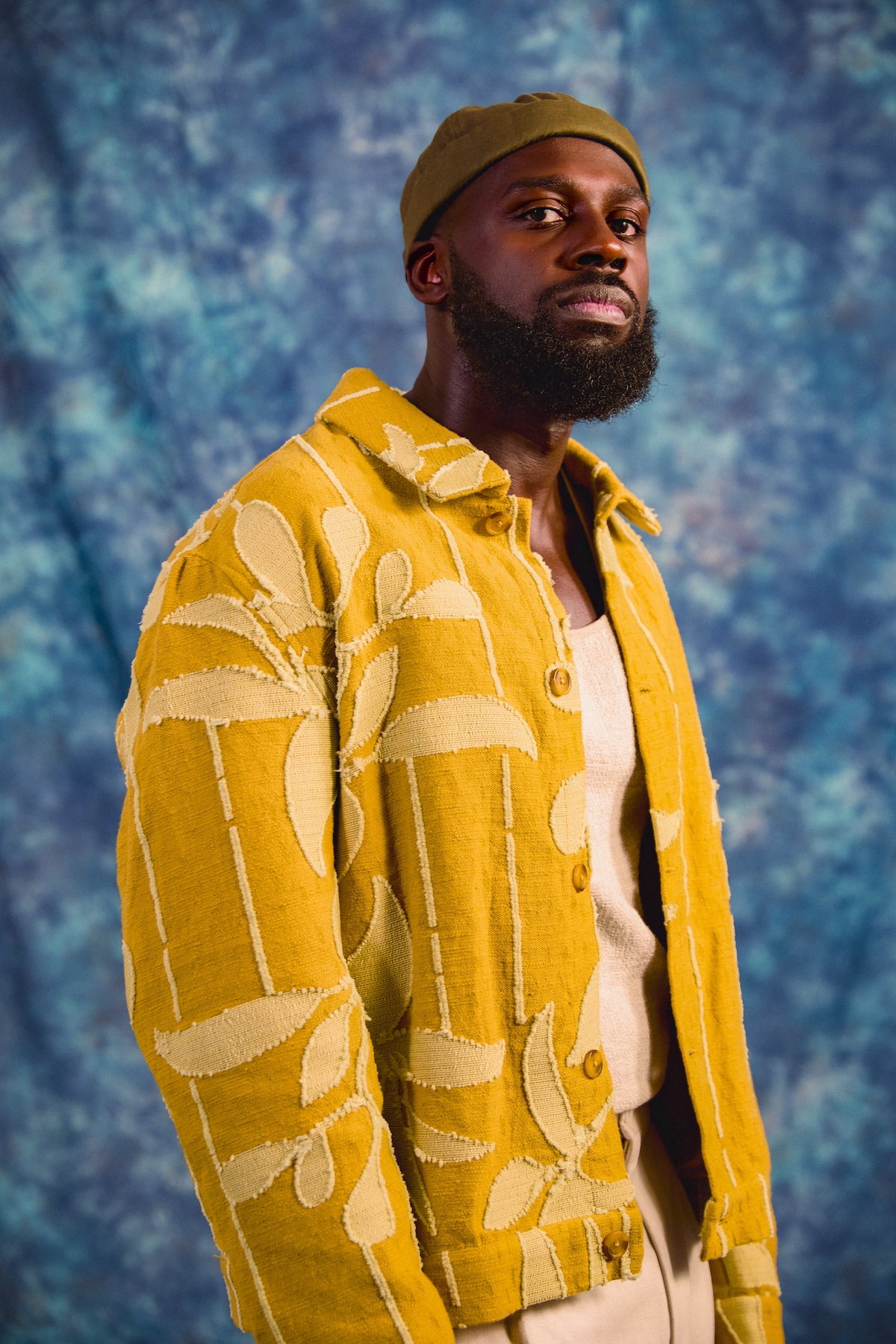
This sense of duality – of honoring the previous whereas forging a brand new path ahead – lies on the coronary heart of Oríkì.
NIJI channels that very same fearless spirit, utilizing music as a method of storytelling, self-expression, and cultural reclamation. His sound is a vibrant intersection of his Nigerian heritage and his East London upbringing, a fusion that speaks to the breadth of his musical influences.
“My imaginative and prescient for this album was to create a bit of music that mirrored my many influences musically,” he explains. “Rising up in East London, alongside the rise of grime music and MCs like Skepta, influences me as an artist. Then coupled with a Yoruba upbringing, I used to be drenched in highlife, Afrobeat and Fuji music from the bottom up! The imaginative and prescient musically was to pay homage to the Yoruba Nigerian heritage I’m from, my present obsession with Fuji music, but additionally fusing this with my East London upbringing.”
NIJI candidly describes the album as homely and energetic. The album’s title is a direct nod to his heritage, and to the artwork itself. “Oríkì, by which means, is reward poetry created by the Yoruba nation,’ he says. “It tells of the place somebody is from and the place they’re coming from, tales from their ancestry. It’s usually sung in musical type, too. In order I used to be on my journey via making this album and searching into my very own ancestry, and I stored delving deeper into my household tree, I discovered our personal Oríkì.”
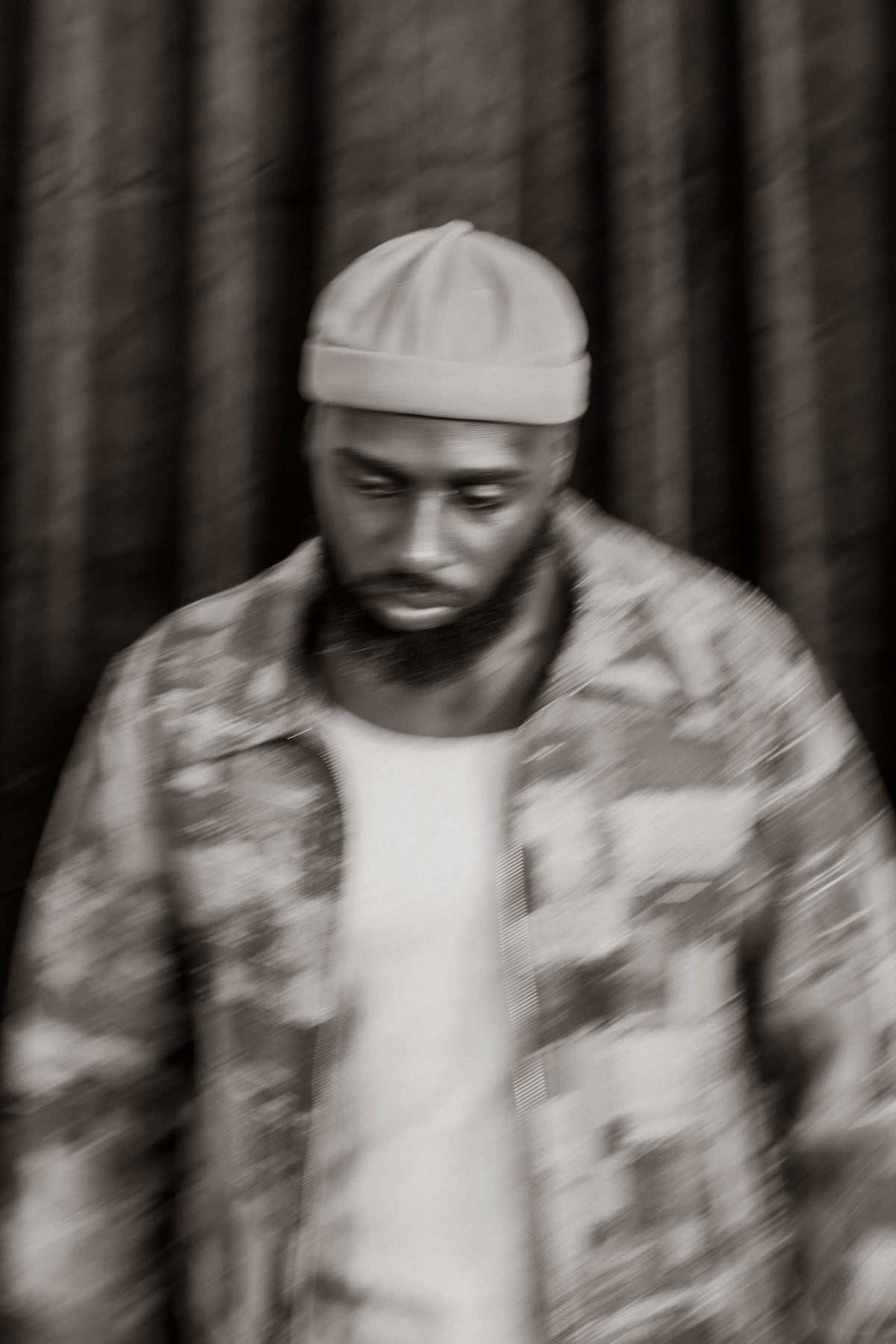
NIJI is not any stranger to the highlight, having launched his first document, Higher Days Forward ten years in the past this August.
The previous decade has seen him deftly carving out an area for himself as a flexible musician, composer, and storyteller, mixing jazz, classical, and up to date influences right into a singular, expressive sound. From the intricate preparations of 2023’s Someplace within the Center to his acclaimed dwell performances at venues just like the Royal Albert Corridor, NIJI has constantly developed, pushing the boundaries of his artistry whereas staying rooted in his cultural heritage. His music is a testomony to each technical mastery and emotional depth – layering wealthy instrumentation with themes of introspection, resilience, and id.
Oríkì represents a rebirth for NIJI as he takes his most private leap but, embracing his Yoruba roots and channeling years of exploration right into a physique of labor that honors the previous whereas forging a daring new path ahead.
“Oríkì, I really feel, captures a six 12 months journey of self-discovery,” he smiles. “It was truly written earlier than Someplace within the Center. Someplace within the Center hinted at what was to come back, tracks like ‘Banjoko’ (which is a household identify) hinted on the themes of Oríkì. Oríkì is the finale, it’s my best musical exploration – it’s large, it’s grand, it’s intimate, and it’s private. It’s essentially the most private I’ve been in my writing. It’s pure – I left ego outdoors of the studio and wrote from a storytelling viewpoint.”
“My artistry at this time is about being a vessel to my reward of writing and producing, and fewer about being showmanistic in my piano enjoying. I feel I’ve acquired different releases for these functions, and possibly I’ll try this sooner or later once more, however Oríkì was all in regards to the preparations across the tales.”
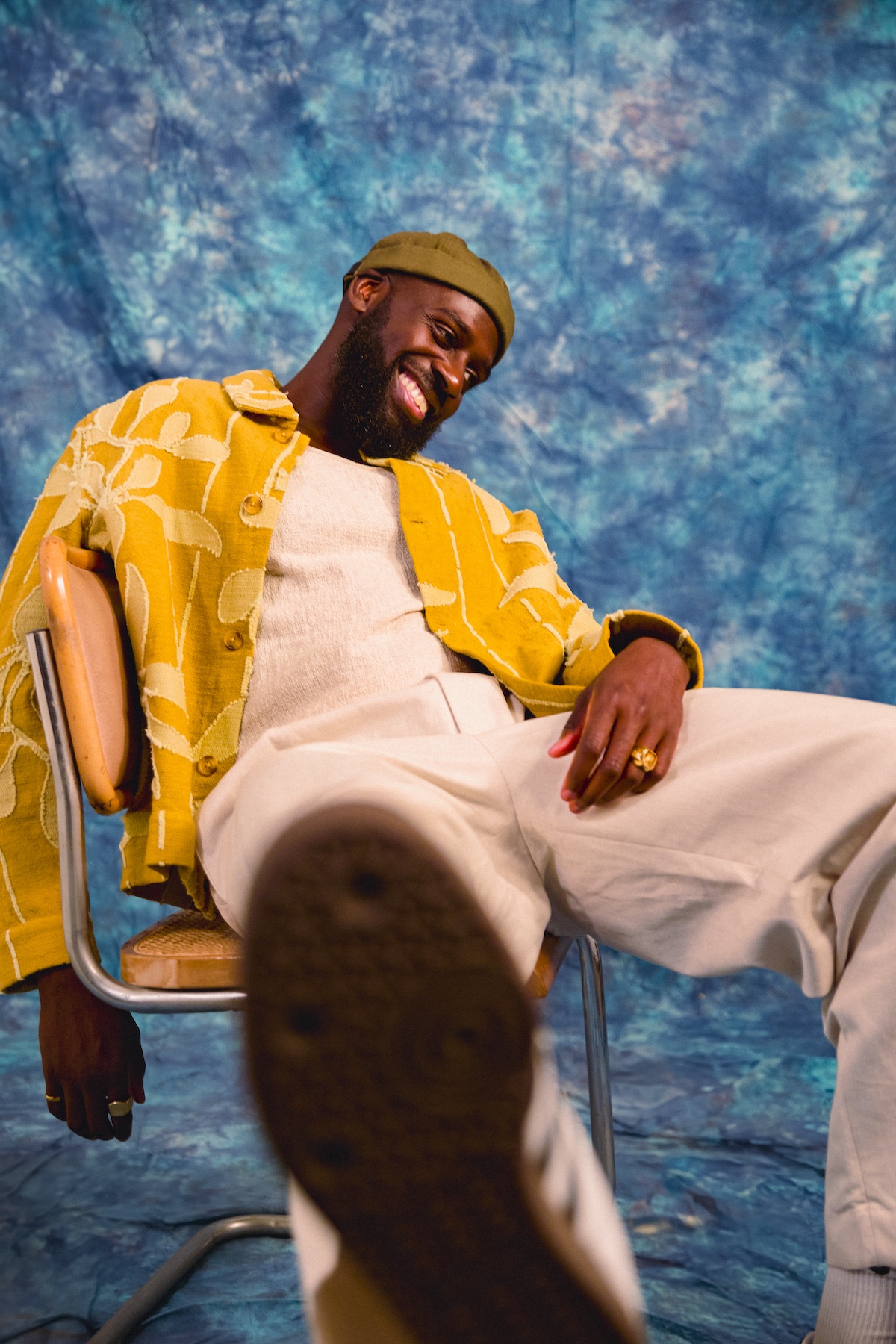
To that finish, the homecoming journey from album opener “Àdùnní” to nearer “Joshua’s Legacy” is full of moments of connection and catharsis, revelry, reflection, and launch.
NIJI himself has loads of private favorites, noting that each the music itself and the tales behind the songs make them each memorable and significant. “‘Mo ti délé’ is a particular track for me. I wrote it and trialed it dwell on the Royal Albert Corridor in 2019. After that efficiency many individuals for years hounded me to launch that track, however I knew I wished to spend time in designing it, such as you would a gorgeous new home. So I went to work on it, and 6 years later it’s now on the earth and I couldn’t be extra happy with it. To me it completely depicts the story and feeling I wished to painting all through this album. This was a giant spotlight to me.”
“Jayé (Dance Dance Dance)” is one other immediate standout. “‘Jayé’ is such a shaggy dog story! I wrote and recorded the music, after which freestyled the lyrics in a single go as a brainwave thought. My hope was that I used to be going to revisit and write ‘correct lyrics’ for the track as soon as I acquired along with Afronaut Zu, however he insisted that my freestyle was truly the one lyrics wanted! That was the track! So it’s superb to me to suppose now that it’s out, that it’s so robust as a track lyrically, once I was going to re-write the entire thing! I suppose that’s the magic of making! Once I hearken to it – he was proper, I find it irresistible, it’s lyrically good and enjoyable!”
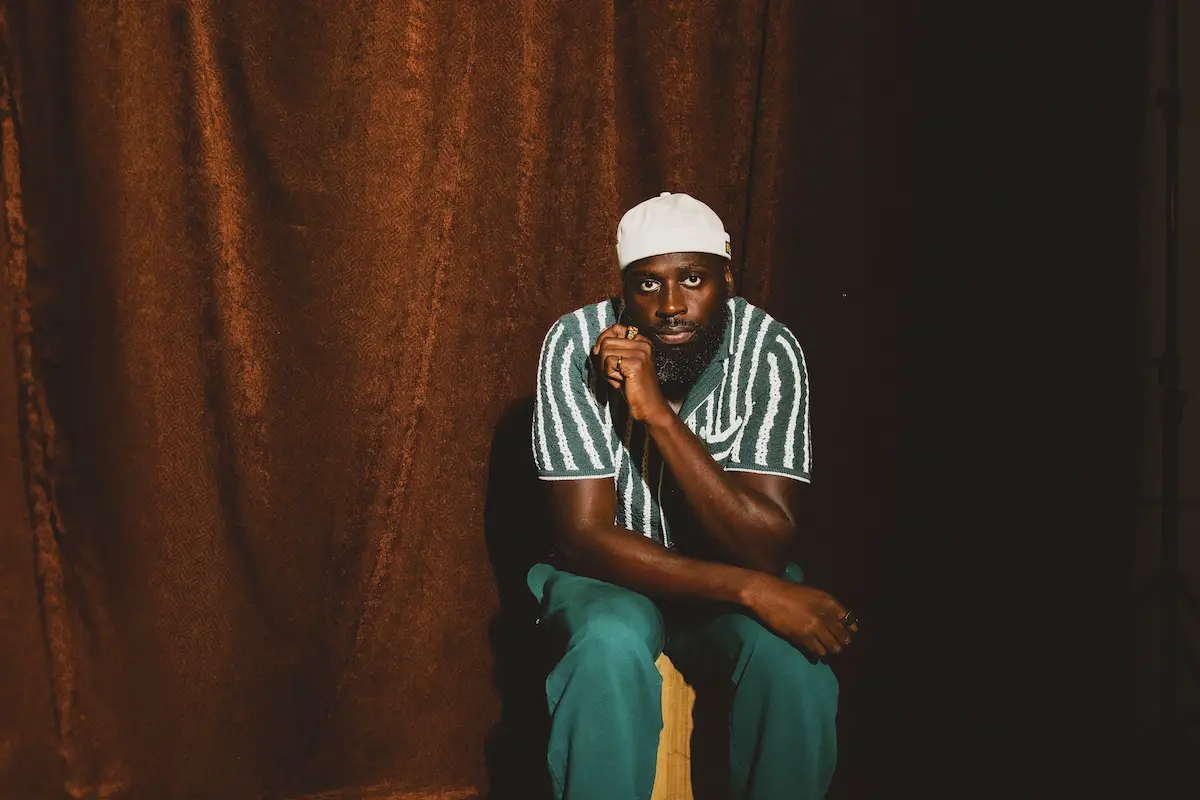
Extra than simply an album, Oríkì is a residing, respiratory tribute to NIJI’s roots, his artistry, and the journey that has introduced him to this second.
It’s a document that celebrates and pays homage to the artist’s previous whereas embracing his current, the place time-honored traditions meet daring, up to date expression. Via its intricate instrumentation, highly effective storytelling, and deep emotional resonance, Oríkì serves as each a private reflection and a common invitation – urging listeners to discover their very own histories, embrace their identities, and have a good time the music that connects us all.
“My hope is that Oríkì strikes its listeners to some extent of eager to dig deeper into who they’re, what makes them ‘them,’ and the historical past they’ve come from,” NIJI shares. “Oríkì is about going deep to go far, about looking out inside to seek out the solutions to who you’re. It was a pleasure making this album and introduced me a lot achievement and I’d hope that it brings listeners the identical pleasure.”
Expertise the total document through our under stream, and peek inside NIJI’s Oríkì with Atwood Journal as he goes track-by-track via the music and lyrics of his debut album!
— —
:: stream/buy Oríkì right here ::
:: join with NIJI right here ::
— —
Stream: ‘Oríkì’ – NIJI
:: Inside Oríkì ::
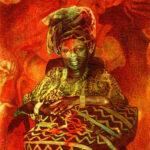
— —
Àdùnní
Àdùnní is an Oríkì identify which means “candy to have” and represents the sense of peace and tranquility writing the music. It served as an ideal first track into my journey residence, that includes the unimaginable poet Adéṣayọ̀.
Sounds of the Metropolis
Sounds of the Metropolis is an ode to the duality of being born in East LDN, and raised with wealthy Nigerian tradition and music. It fuses my love for Grime music and Fuji music – collaborating with my brother Moses Boyd on drums. The percussion is advanced, representing the melting pot of my upbringing.
Jayé
Jayé is a common upbeat name to maneuver your physique, to bounce, to seek out your internal pleasure! I hope Jayé greets your ears with the urge to take pleasure in life at this time. That is my best musical creation thus far; the shifting percussion, the signature heat brass, the voice of Afronaut Zu, the centre piece of a 6 12 months journey of my album Oríkì.
Mo ti délé
The interpretation means: I’ve come residence. It completely summates the journey each personally and musically to my roots, reimagined as a composition. Its pensive starting, to its triumphant ending, is me on my quest in the end discovering my goal via my heritage. There’s at all times love at residence. I’ve lastly arrived.
A13 FUJI
A13 FUJI represents the melting pot of my obsession with the wealthy rhythms of Nigerian fuji music, whereas pairing it with my pure love of heat brass melodies. It’s the large heat welcome to the celebration in my sound-house, be happy to maneuver your physique.
Oba (Drum break)
Oba is the king or ruler of the city. The drum break is simply pure fireplace! Showcasing the speaking drum which Oríkì musically was constructed round, that includes the genius Moses Olukayode.
Mata
Mata, the story of my grandmother Matilda Taiwo who defied archaic gender roles, and as an alternative realized to stitch and have become a extremely profitable businesswoman in Nigeria buying and selling materials. She was additionally the songwriter for her church. A lot of who I’m I can hint to Mata – I wished to color an image of her legacy defying odds and her fortitude to pursue her goals.
Oríkì
That is my story, who I’m at this time. The heritage of my ancestors, the duality of my upbringing musically and culturally rising up in east LDN, in a Yorùbá family. The music displays who I’m at this time, all of the intricate strings of my life, and who I’m but to be as I proceed to write down my household’s Oríkì. This options the unimaginable poet Adéṣayọ̀.
Joshua’s Legacy
The lads in my household are brave, courageous, studious and leaders. My grandfather Joshua represented these traits. As a pensive assertion, I wrote this piano piece as a promise to proceed his legacy in me via every little thing I do – the right ending to the album and the continuation of my household Oríkì.
— —
:: stream/buy Oríkì right here ::
:: join with NIJI right here ::
— — — —

Connect with NIJI on
Fb, Twitter, TikTok, Instagram
Uncover new music on Atwood Journal
© Tosin Popoola
an album by NIJI

